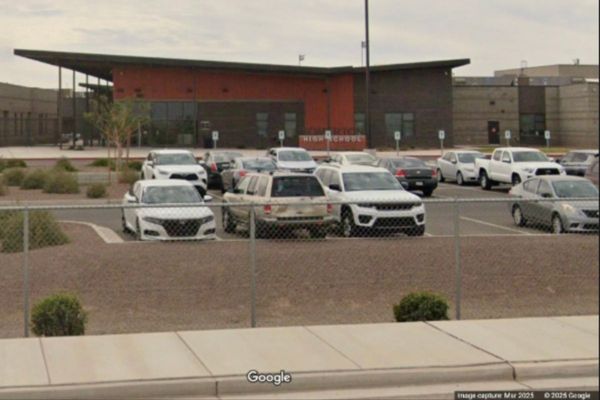Louisiana Gov. John Bel Edwards (D) vetoed the state’s new congressional district boundaries on March 9. Edwards released a statement which said, in part, “I have vetoed the proposed congressional map drawn by Louisiana’s Legislature because it does not include a second majority African American district, despite Black voters making up almost a third of Louisianans per the latest U.S. Census data. This map is simply not fair to the people of Louisiana and does not meet the standards set forth in the federal Voting Rights Act.”
The state Senate and state House approved the new U.S. House map on Feb. 18. The congressional redistricting bill passed the state Senate, 27-10, strictly along party lines. The state House of Representatives approved it by a 64-31 vote with 61 Republicans, two independents, and one Democrat voting in favor and 27 Democrats, three Republicans, and one independent voting against.
According to Blake Paterson of The Advocate, “Republicans passed…maps…that would maintain the status quo of a single majority-Black district and would all but guarantee Louisiana sends five Republicans and one Democrat to the U.S. House of Representatives in the congressional midterms this fall.”
Edwards also announced he would neither sign nor veto the state’s legislative maps, allowing them to become law without his signature on March 14. He released a statement which said, in part, “While neither the congressional or legislative maps passed by Louisiana’s Legislature do anything to increase the number of districts where minority voters can elect candidates of their choosing, I do not believe the Legislature has the ability to draw new state House and Senate maps during this upcoming legislative session without the process halting the important work of the state of Louisiana. At a time when we face unprecedented challenges, but have unprecedented opportunities to make historic investments in our future, the Legislature should be focused on the issues in the upcoming session and not concerned about what their own districts will look like in the 2023 elections.”
Edwards is the sixth governor —all in states with divided governments—that have vetoed at least one redistricting map this cycle. Legislators overrode these vetoes in three states—Kansas, Kentucky, and Maryland—and mapmaking authority passed to the courts in the remaining two—Pennsylvania and Wisconsin.
Before the governor vetoed the congressional map, Paterson wrote on Feb. 23, “If Edwards vetoes the congressional maps, as his allies have urged, GOP legislative leaders are expected to attempt an override. That would likely take place on March 30, during the regular legislative session, according to Yolanda Dixon, the Senate’s secretary.”
Learn More








